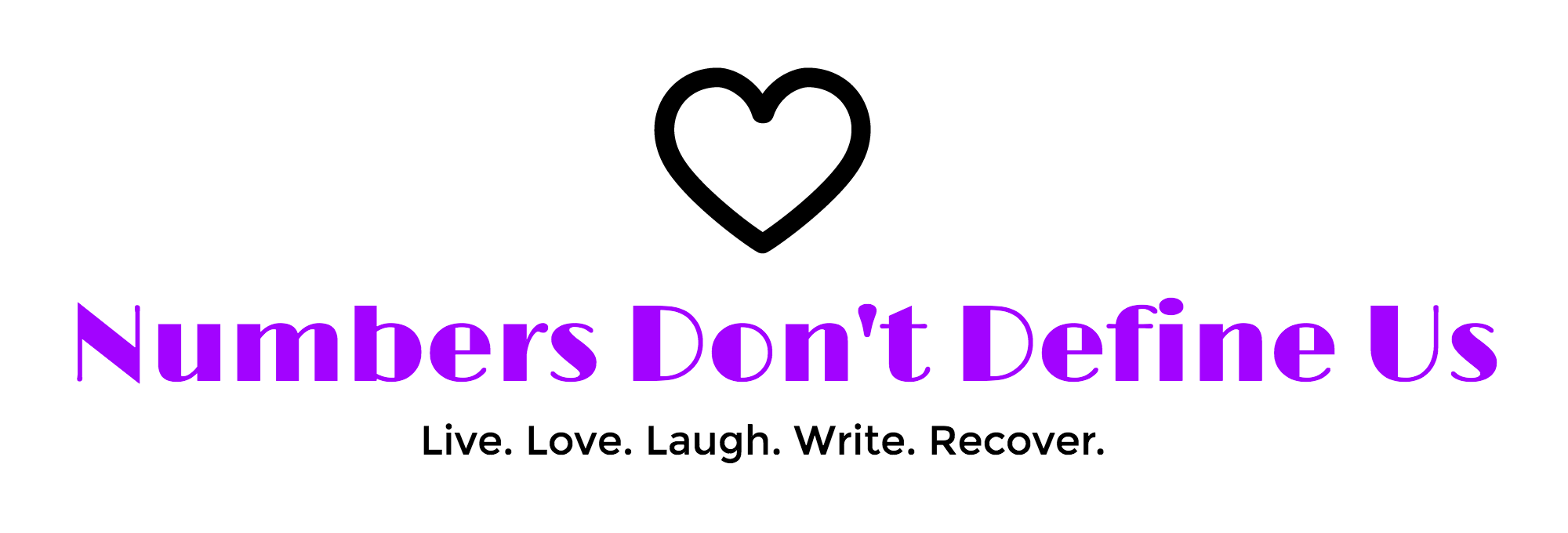It's OK Not To Be OK
“We should all be allowed to fall apart sometimes, so that we can find ourselves all over again.”
In this world, people lie all the time. In fact, the average person tells 4 lies a day, or 1,460 a year. By the time we are 70, we will have lied upwards of 102,200 times. But what exactly is it that we lie about? Maybe it’s telling a friend that you like her outfit, when in reality, you don't. Maybe it’s trying to cheer up a peer by describing how his pitiful essay wasn’t that bad (it was worse). However, the most common lie is “I’m fine.”
How many times a day do people ask you how you’re doing and you almost automatically, without a thought, answer, “I’m fine?” 5? 10? 15? Whatever the number, we all have the tendency to pretend we are okay even when we’re secretly struggling. It’s easy to get caught in the vicious, and frankly, downright exhausting cycle of trying to project an illusion of having our lives completely figured out and managed at all hours of the day and night. After all, in this age of social media and digital projection, we are always being watched—it seems as if we never really are immune from being judged when all it takes is the touch of a button, the scroll of a finger. But, what happens those times when we are inevitably not alright, when it seems like the world is moving forward without us and we are just stuck in some sort of dark and unpleasant funk? Should we just shove those feelings of depression and unworthiness, those repressed answers of “No, I am not ok,” under the rug? Or should we acknowledge and accept these feelings without a profound sense of shame?
Embracing those difficult moments and mustering the immense amount of strength it takes to utter “I’m not ok” can be both empowering and relieving. Framing a situation based on reality, even when that reality is not ideal, is a validating experience in and of itself—by admitting that all your feelings (not just the happy, upbeat ones) are equally justified, you can practice self-compassion in that you accept that there is nothing wrong with what you are going through. Taking a moment to merely sit in your discomfort and allow yourself to feel all the feelings instead of immediately shaming yourself for experiencing them to begin with is one of the best, most valuable gifts you can bestow to yourself. Remember that having these emotions of anger or sadness or frustration or hopelessness does not make you weak or unworthy; rather, it makes you human.
Especially recently, for me, I have felt a great amount of pressure to put on this façade that I’m having the time of my life in college and loving every second of it. I’ve spent countless hours on Instagram looking at posts of people decked out in their college apparel and out at night with their close-knit friends 24/7 creating new memories and going on fun adventures and thinking to myself, “What’s wrong with me? It seems like everyone else is so happy with their situations, so why can’t I love my school the way they so obviously love thiers?” Because of the expectation I had in my mind that you are just “supposed” to love your freshman year, that you are instantly “supposed” to meet the bridesmaids at your wedding and find your passion in life, I would fall into the maladaptive habit of excessively criticizing myself for experiencing the “unthinkable” and “highly abnormal” feelings of despair and discontent.
As impossible as it may seem, I think we need to constantly remind ourselves that social media does not equal reality, and that not being ok is totally ok. Scrolling through my Instagram pictures of myself at football games with friends or my aesthetically pleasing dorm room, no one would ever get the full, genuine picture of my first few months at college—what’s intentionally omitted from my carefully curated feed are all those FaceTimes I’ve had begging my parents to let me come home, those unbearable hours passed at the library frantically staring at the never-ending list of unchecked tasks I have in my planner, and the hours I’ve spent aimlessly wandering around campus, feeling completely and utterly alone. Speaking to my friends at other schools, I’ve realized that they have faced similar struggles and that although on the surface it may seem like everyone else is having an incredible time, life is not so black and white. Multidimensionality is the current that pulls and pushes the full breadth of human emotion to the shore.
Not only should we accept that it is completely normal to struggle, but we should also face those feelings of sadness directly instead of disregarding them as inherently unmerited. Whether it’s through talking with a friend or journaling or simply by actively letting the wave of emotion soak through you, dealing with the good, the bad, and the ugly as they appear can lead to better mental wellness and adaptability. And even if you aren’t loving freshman year as much as you had anticipated, be patient with the process and remember that this is just the beginning. You aren’t going to find a soulmate or your exact life path within just a few months of being in a new environment, and that’s certainly to be expected. Give it some time, don’t force it, and in the meantime, try to enjoy the journey and the beauty and messes and room for self-growth that comes with it instead of fixedly focusing on the destination or a specific outcome.
